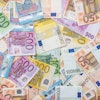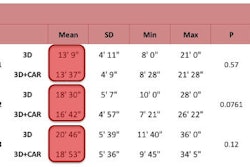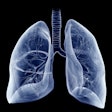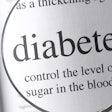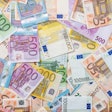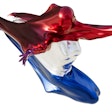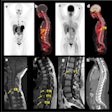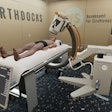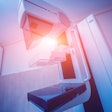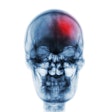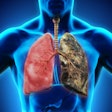
NEW YORK (Reuters Health), Apr 21 - High-carbohydrate sports drinks can boost athletic performance, and their effects may begin as soon as they hit the mouth, a new study suggests.
When the researchers had endurance athletes rinse their mouths with either of two carb-containing drinks, the athletes' exercise performance improved. The same was not true when the athletes were given water flavored with an artificial sweetener.
What's more, brain scans showed that simply swishing the carbohydrate drinks around the mouth activated particular areas of the brain associated with pleasure and reward. Again, the artificially sweetened water did not have the same effects.
The findings, reported in the Journal of Physiology, suggest that sports drinks may help boost performance via receptors in the mouth that send signals to the brain.
"Our study has shown that during intense exercise lasting around one hour, performance can be improved by simply rinsing a carbohydrate solution in the mouth," lead researcher Dr. Ed Chambers, of the University of Birmingham in the U.K., told Reuters Health.
However, that does not mean that hard-working exercisers should simply rinse and spit, according to Chambers. Sports drinks also help keep the body hydrated and supply electrolytes and other nutrients.
The current findings, Chambers explained, show that in addition to their well-known metabolic effects, sports drinks may also act on the brain.
The results are based on two studies, each involving eight trained cyclists. All of the athletes underwent exercise testing on a stationary bike, once at the start of the study and again on separate visits to the exercise lab.
During those later tests, the study participants were given one of the two carbohydrate drinks -- containing glucose or maltodextrin -- or water sweetened with saccharin.
In general, the study found, the athletes improved upon their initial performance when they rinsed their mouths with either one of the carbohydrate drinks, but not when they used water.
Using a brain imaging technique called functional MRI, Chambers and his colleagues found that the carb drinks sparked activity in brain areas related to both movement control and pleasure.
The researchers speculate that the brain activation allowed the athletes to work harder without feeling like they were.
During a long exercise bout, Chambers explained, the brain receives "negative" messages from the body, like elevated temperature and joint pain. The brain reacts by reducing the "central drive" to working muscles, curbing their power output.
"We propose that when an oral carbohydrate stimulus is present during exercise," Chambers said, "this 'positive' signal to the brain maintains the central drive to the exercising muscle, thus improving performance."
By Amy Norton
Source: Journal of Physiology, April 15, 2009.
Last Updated: 2009-04-20 14:47:19 -0400 (Reuters Health)
Copyright © 2009 Reuters Limited. All rights reserved. Republication or redistribution of Reuters content, including by framing or similar means, is expressly prohibited without the prior written consent of Reuters. Reuters shall not be liable for any errors or delays in the content, or for any actions taken in reliance thereon. Reuters and the Reuters sphere logo are registered trademarks and trademarks of the Reuters group of companies around the world.



